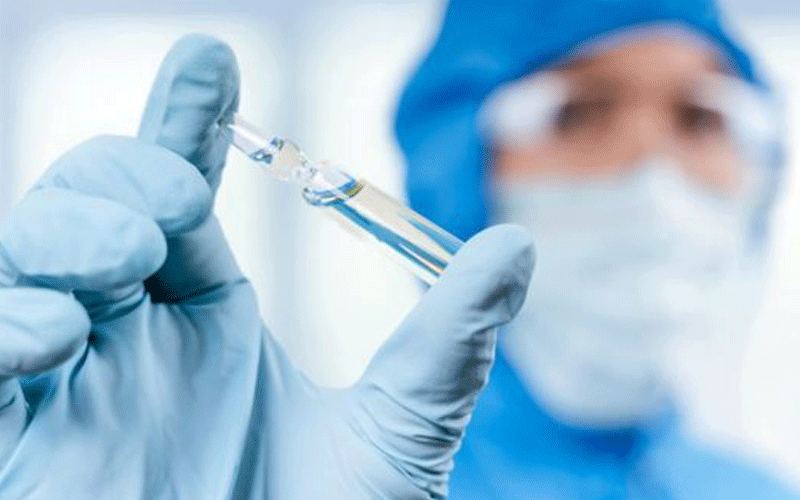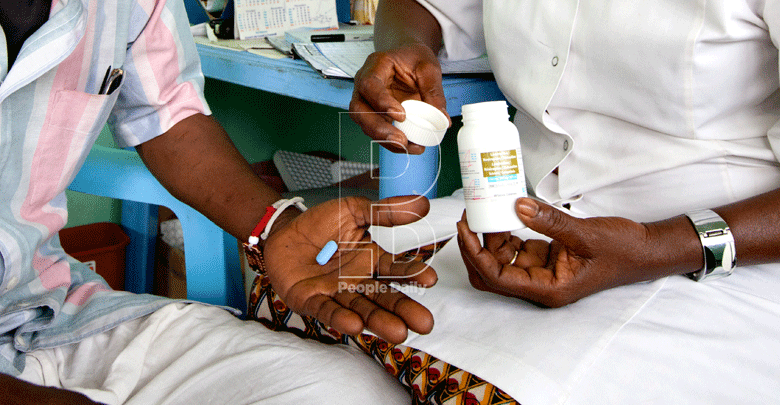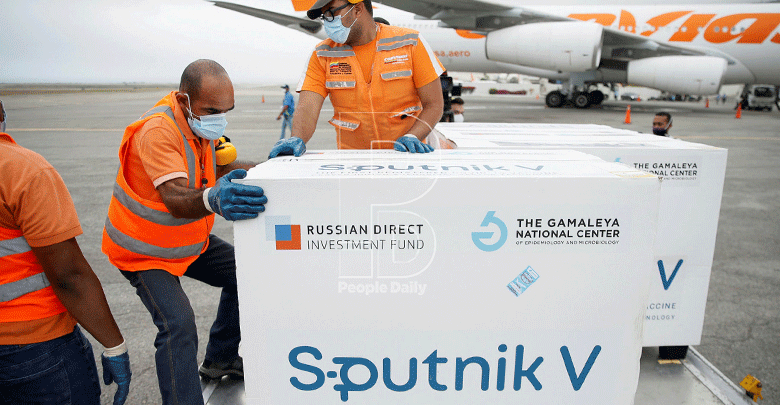Ten dos and don’ts before, during, and after Covid-19 vaccine shot

As coronavirus vaccines continue to be rolled out, questions still linger on how people should handle themselves and what they should be concerned about before and once they get the jab. Here’s what you need to know, writes Ann Wairimu.
Be cleared
In case a person has allergies to medication, or drugs, it is important to get an all-clear from a medical practitioner.
A complete blood count (CBC), C-reactive protein (CRP), or Immunoglobulin-E (IgE) levels can be checked under medical advice.
Let doctors know if you previously had Covid-19. If you were given monoclonal antibodies or convalescent plasma while sick with Covid-19, you should wait 90 days after treatment before getting the vaccine.
Don’t go on an empty stomach
There’s no need to fast the night before the Covid-19 vaccine like you might for other procedures.
This could make you dizzy and more likely to faint if you are someone who gets queasy around needles.
After the vaccine, you may have side effects such as arm pain, fever, or body aches. This, according to experts means your immune system is working.
Get a good night sleep
Get a good night of sleep the night before your shot. This is critical and probably more important than anything consumed that morning.
One bad night’s sleep can diminish immune function by as much as 70 per cent.
Your body uses sleep to rebuild its defenses, and chronic sleep deprivation actually depresses your immune system.
Wait the appropriate time after vaccination
In order to monitor severe allergic reactions, health experts advise that everyone wait 15 minutes after their shot before they move from the vaccination site.
What clinics do is monitor you for 15 minutes after you get the vaccine. If you have a more severe allergic reaction, then it’s recommended you wait for 30 minutes.
Typically, within six to eight hours you might start feeling local mild side-effects, like an arm pain, a little bit of swelling, fatigue — most of those side-effects are short-lived. They go away within 24-48 hours.”
Stay hydrated
Water is not only important for everyday health, but it can help manage or even prevent any vaccine discomfort.
If you are dehydrated, you may experience dizziness and constipation, which would compound any mild side affects you might have from the vaccine.
You might want to postpone that celebratory drink
Experts in the United Kingdom recently warned that people should avoid drinking alcohol in the days before and after receiving the Covid-19 vaccine.
A Russian health official went even further last month and advised citizens being vaccinated with the country’s Sputnik V vaccine that they should abstain from alcohol for two months.
However, the developer of the vaccine, Alexander Gintsburg, later commented that this advice is too extreme.
Gintsburg advised refraining from alcohol three days after each injection, guidance that he says applies to all vaccines.
Currently, there is no evidence that booze interferes with the formation of antibodies.
However, while there’s no evidence that drinking alcohol affects the efficacy of the Covid-19 vaccine or causes any unwanted health effects, it is advisable not to drink immediately after receiving the shot.
Vaccine side effects include muscle aches and pains and feeling under the weather. Compounding that with the side effects of alcohol runs the risk of making you feel worse.
Don’t take over the counter pain medicine
Whether you are experiencing some pain prior to getting the vaccine, or simply want to prevent any during the process, it might be tempting to pop a pill.
However, health experts strongly suggest resisting the urge. Because there’s a possibility that over-the-counter pain relievers might weaken your immune system’s response to vaccines, it’s best not to take them before you get your shot.
But once you have received the vaccine, feel free to take these medications if you feel you need them.
Don’t mix your Covid-19 vaccines
You should receive the same vaccine for all required doses made by the same manufacturer.
Although the vaccines from different companies may be similar, there are differences in the individual ingredients of each vaccine formulation and mixing has not been demonstrated to be safe or effective.
If there is some reason your second dose is not immediately available, it’s okay to delay your second dose until you can receive the same vaccine.
Get your second shot of vaccine within the recommended time frame
Immunity against the coronavirus doesn’t happen immediately after vaccination; antibodies take time to build.
Getting a second shot of the vaccine is needed to be sure that you have protection. With a single dose, some people have high levels of virus-neutralising antibody, while others are nonresponders.
So, the major reason for the second dose is to get everybody to respond. You are considered fully vaccinated two weeks after getting your second dose of a two-dose Covid-19 vaccine.
You are not invincible to Covid-19 after vaccination
No vaccine is 100 per cent effective, and you may still get infected with Covid-19, even though you may have mild symptoms or none at all.
It’s unclear whether people who’ve been vaccinated may be able to carry and transmit the virus to unvaccinated people.
So, it’s important to practice preventative measures in public and be alert for symptoms.















